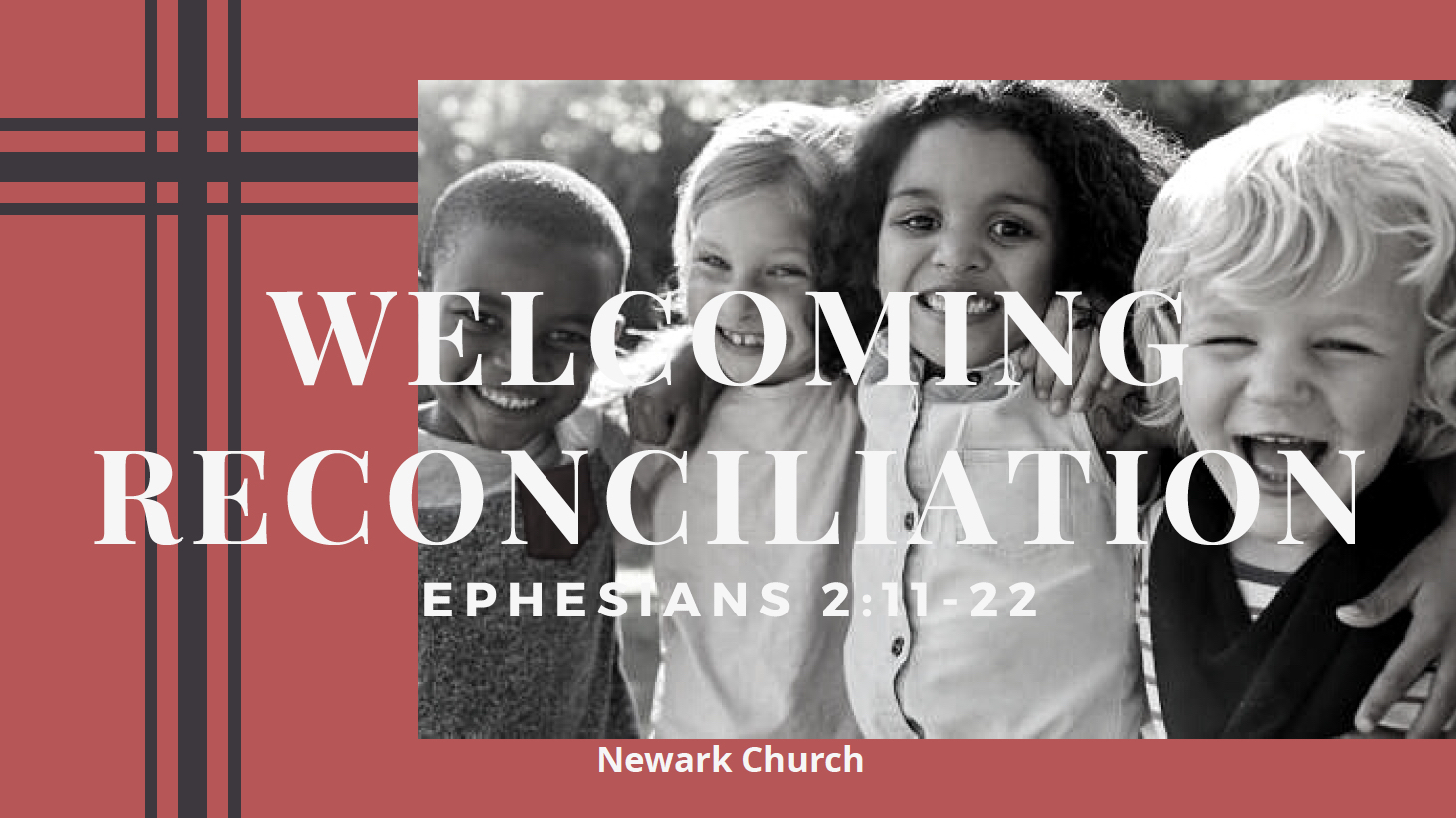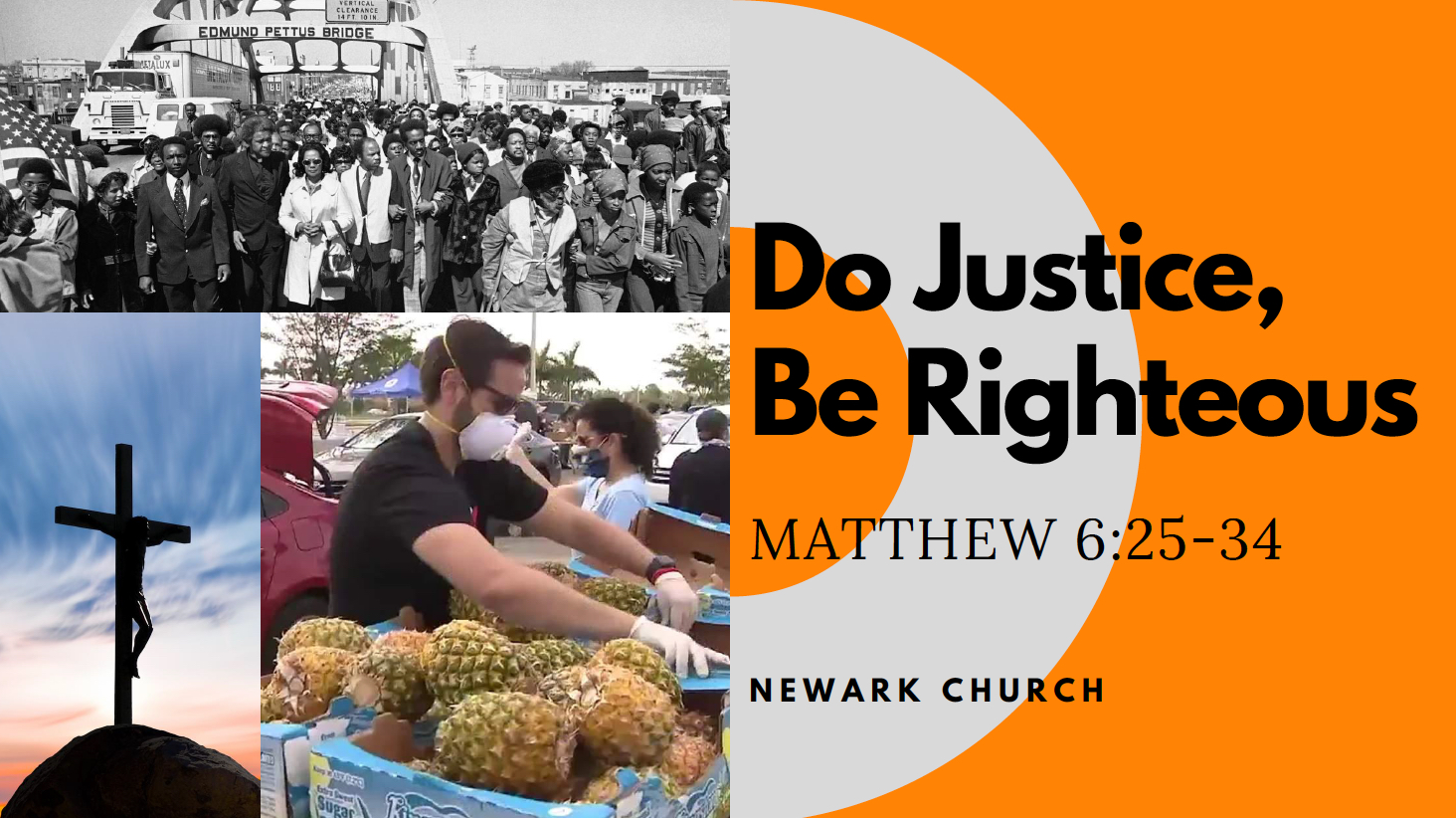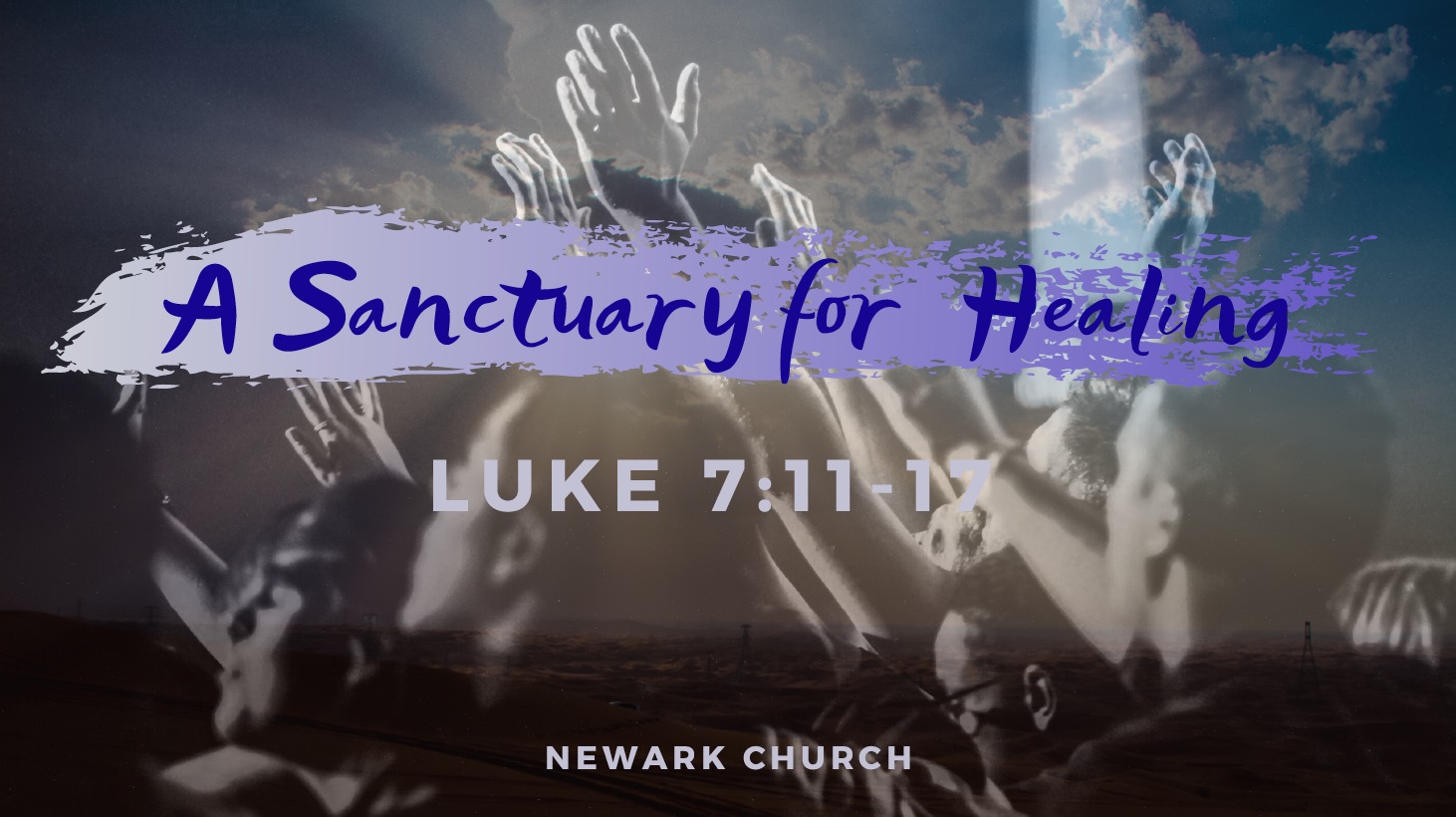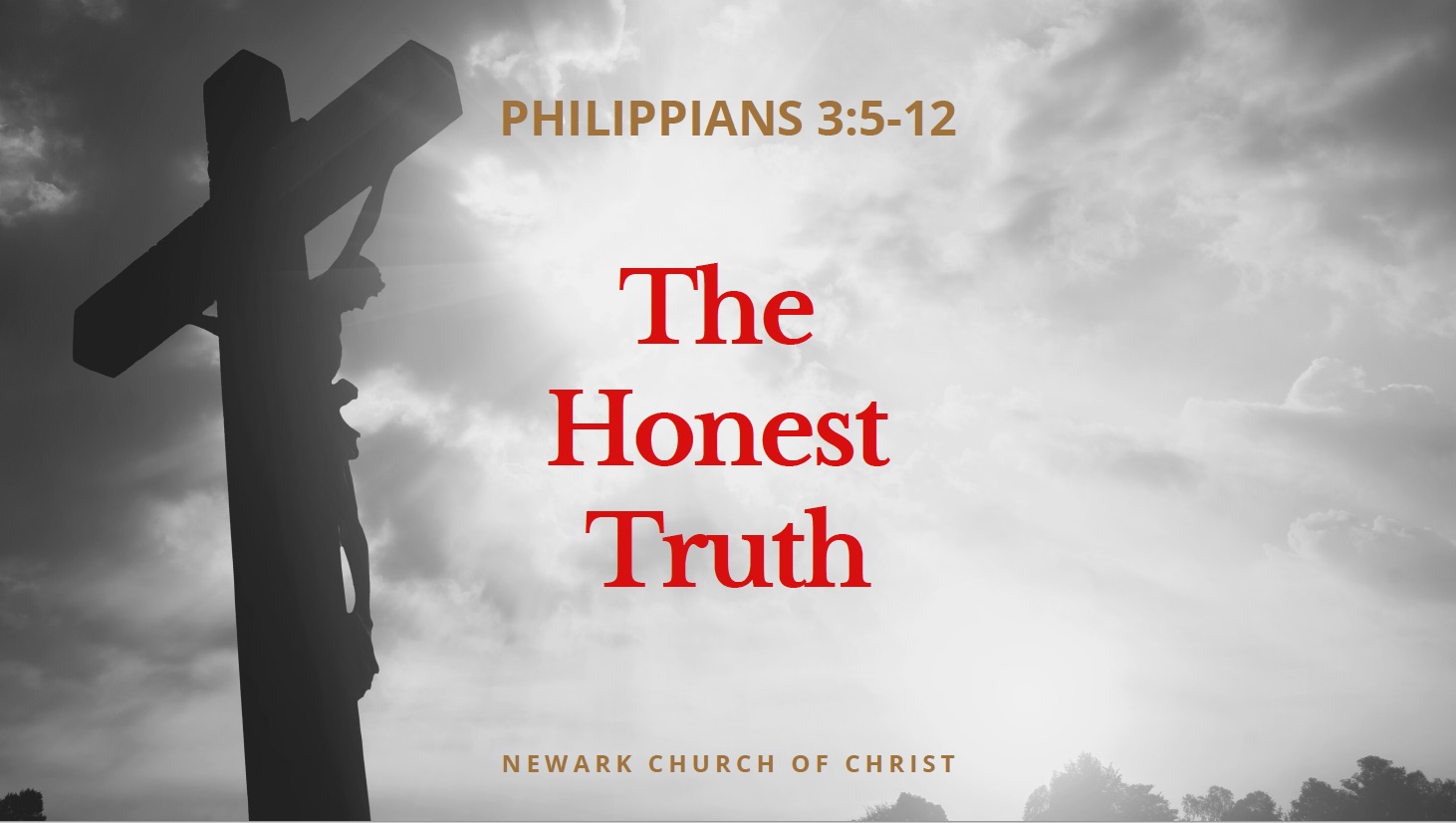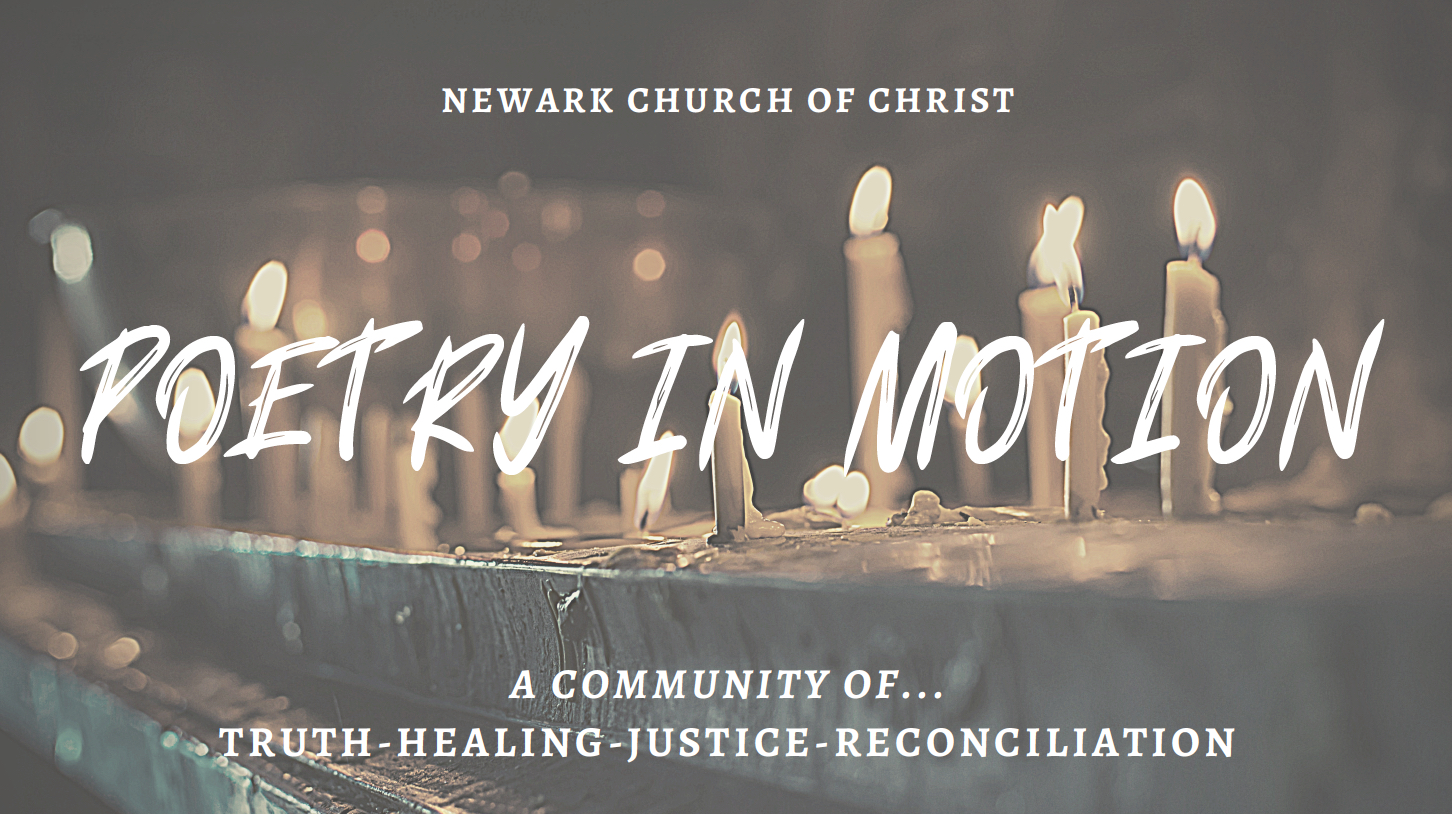I’ve been a Christian for twenty-five years and serving as a minister of the gospel for the last twenty years. I’m ever thankful for the life that God has allowed me to live. Serving as a pastor with a local church is a fulfilling vocation but doing so can be difficult. While some days are filled amazing stories, other days our tragic moments because that is what life really is. One day the sun shines bright while another day the sun is obscured by dark clouds and this is the life that God calls us, as followers of Jesus, to embody the gospel among.
With that in mind, let’s consider the baptism and temptation of Jesus according to the Gospel of Mark. We read in Mark 1:9-13,
About that time Jesus came from Nazareth of Galilee, and John baptized him in the Jordan River. While he was coming up out of the water, Jesus saw heaven splitting open and the Spirit, like a dove, coming down on him. And there was a voice from heaven: “You are my Son, whom I dearly love; in you I find happiness.” At once the Spirit forced Jesus out into the wilderness. He was in the wilderness for forty days, tempted by Satan. He was among the wild animals, and the angels took care of him.
Unlike the Gospels of Matthew and Luke, Mark doesn’t have any interest in telling us why Jesus was baptized or any of the details regarding his temptations. Instead, Mark’s interests is that we know that Jesus is not just a Jewish man from Galilee but that he is the Son of God on whom the Spirit descends and whom the Spirit now leads into the wilderness.
 What we see in Jesus is the work of God. This is who God is and what God is doing. If we really want to know what God is about, Mark tells us about Jesus, the Son of God. This is what God is and is about. As Jürgen Moltmann says, “When the crucified Jesus is called the ‘image of the invisible God,’ the meaning is that this is God, and God is like this” (The Crucified God, p. 295). God is revealed to us in the baptized Jesus who, led by the Spirit, did not retreat into the heavenly realms but was led into the wilderness and beyond into realms of darkness that will take him all the way to Jerusalem where he, the Son of God, will be crucified.
What we see in Jesus is the work of God. This is who God is and what God is doing. If we really want to know what God is about, Mark tells us about Jesus, the Son of God. This is what God is and is about. As Jürgen Moltmann says, “When the crucified Jesus is called the ‘image of the invisible God,’ the meaning is that this is God, and God is like this” (The Crucified God, p. 295). God is revealed to us in the baptized Jesus who, led by the Spirit, did not retreat into the heavenly realms but was led into the wilderness and beyond into realms of darkness that will take him all the way to Jerusalem where he, the Son of God, will be crucified.
This is this same Jesus whom calls us to follow him (Mk 1:17) and in whose name we are to be baptized.
So what Mark is telling us about the baptism and temptation of Jesus also matters for us who claim to follow Jesus. After all, Mark isn’t telling us about Jesus so that we’ll just have a better Christology. He’s telling us so that we’ll follow Jesus, the Son of God, because where he goes is where we encounter redemption and participate in the redemptive mission of God. That is, after all, what we signed up for when we were baptized into Jesus Christ and received the Holy Spirit.
As a church, this is not a choice we have. The Spirit, which we have received, will always lead us in the way of Jesus, the Son of God, to the glory of the Father. So either we follow Jesus into the realms of darkness or we don’t follow him. Participating in the mission of God isn’t limited the heavenly realm of worship in a place we might call a sanctuary. Rather, joining in the work of God means following Jesus out among places where darkness persists with people whose struggles evoke grief and pain. That’s where the Spirit led Jesus and that where’s the Spirit leads the church.
This is what living as faithful followers of Jesus involves and it is how the church embodies the gospel in a meaningful manner to those we encounter. The gospel that we call the good news of Jesus Christ isn’t a slogan. It’s a storied message about Jesus Christ but it takes a community of people faithfully committed to that storied message as followers of Jesus living among people for it to mean anything more than a slogan in some ancient sacred text we call the Bible.
May we remember our baptism and let the Spirit lead us as followers of Jesus among places with people where God seeks to extend his love and grace!


 I didn’t watch the Democrat or Republican convention’s this year. I recognize the necessary role of politics in a civil society but I can read what the various speakers have to said without all the unnecessary hype. My interest here isn’t opining on the many claims, promises, etc… made by those running for office but I do have at least one exception. When politicians use Christian language, co-opting ideas and even the words of scripture for their own political end, I am compelled to say something because I find it troubling.
I didn’t watch the Democrat or Republican convention’s this year. I recognize the necessary role of politics in a civil society but I can read what the various speakers have to said without all the unnecessary hype. My interest here isn’t opining on the many claims, promises, etc… made by those running for office but I do have at least one exception. When politicians use Christian language, co-opting ideas and even the words of scripture for their own political end, I am compelled to say something because I find it troubling. 